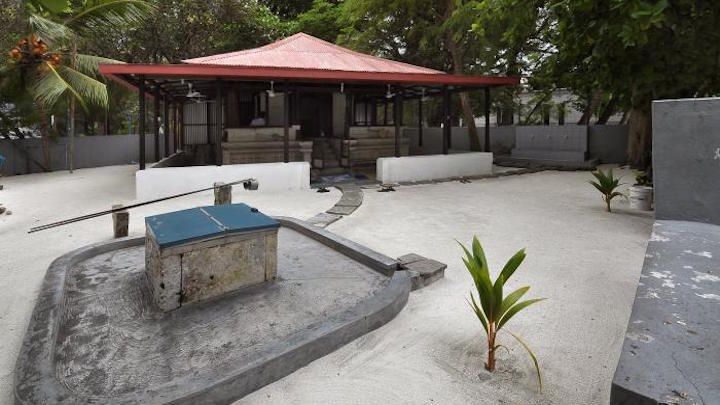Bid to prevent relocation of Malé’s ancient mosque rejected
The civil court has rejected a bid by heritage campaigners to prevent the relocation of a 200-year-old mosque from the capital city Malé to a southern island

04 Oct 2016, 09:00
The civil court has rejected a bid by heritage campaigners to prevent the relocation of a 200-year-old mosque from the capital city Malé to a southern island.
The petition, filed by former opposition MP Mohamed Thoriq and the deputy leader of the Jumhooree Party, Hussein Rasheed Hassan, argued that the Kalhuvakaru Mosque’s relocation would cause “irreparable damage” to the coral stone structure.
On Monday, the civil court threw the case out ruling that the pair had no claim over the mosque and therefore did not have the right to file the complaint.
The plan for the mosque’s relocation was first announced in December. At the time, the housing ministry said the structure would be moved to a heritage site on the suburban island of Hulhumalé. The ministry later said it would be moved to the island of Thinadhoo in Gaaf Dhaalu Atoll instead.
Become a member
Get full access to our archive and personalise your experience.
Already a member?
Discussion
No comments yet. Be the first to share your thoughts!
No comments yet. Be the first to join the conversation!
Join the Conversation
Sign in to share your thoughts under an alias and take part in the discussion. Independent journalism thrives on open, respectful debate — your voice matters.




